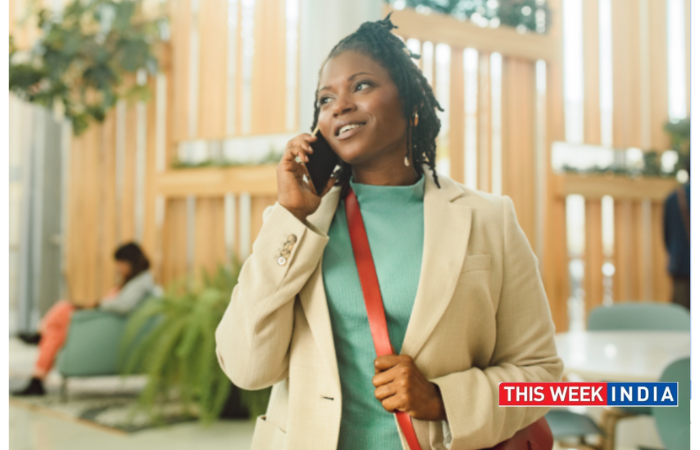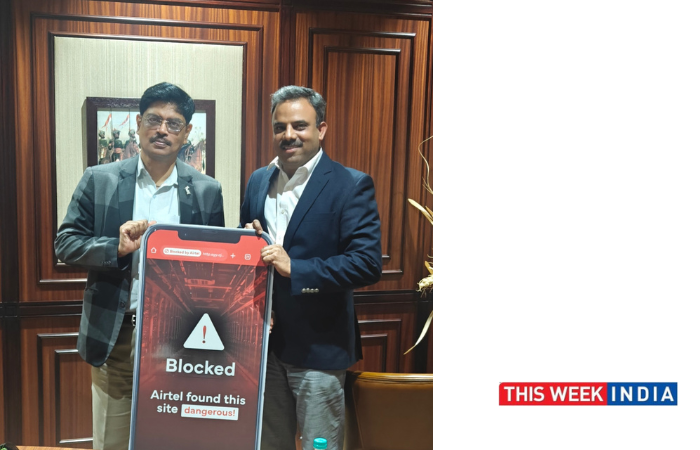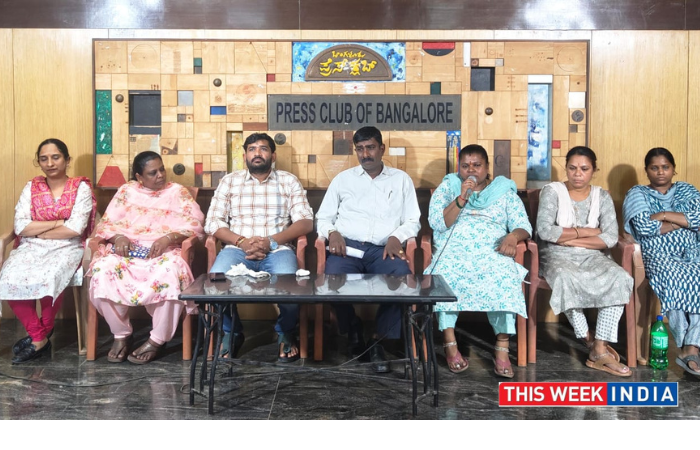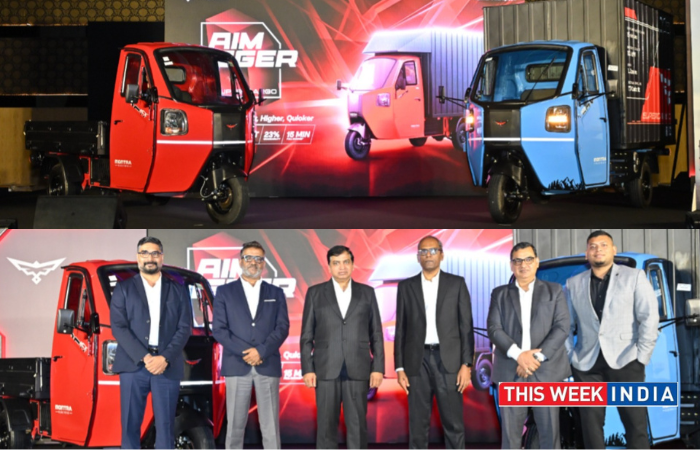The pandemic has resulted in a significant shift in non-alcoholic beverage acceptance and sales. Experts in the field weigh in on the industry’s economic potential. It is true that non-alcoholic beverages have been around for a while now, but in recent years there is a major shift underway, and it is propelling the global market for low and non-alcoholic beverages to new heights. Since we were confined in our homes, many others consumed far more alcohol than usual. At the height of the pandemic, quantity sales of alcohol increased by 25%. However, the inability to visit pubs and bars presented an opportunity for many of us to stop drinking. Despite the fact that one-in-five people drank more during lockdown, one-in-three people were trying to stop or had stopped drinking entirely due to the pandemic, causing two opposing effects of alcohol consumption.
This year has caused people to experiment more than ever. For example those who are “sober curious” are not essentially addicted to alcohol or feel it necessary to live life without it, they are simply attempting to live their life without alcohol. People are hungry for new perceptions and would like to get the most out of everything they do. People are becoming more interested in different flavors as a result of this, and they want more options. Demand for non-alcoholic beverages was on a rise; people wanted unique, different and a variety and big alcohol brands were complying with it. People don’t feel the need to drink anymore to have fun, when mocktails and non-alcoholic ones can suffice. Many pre-existing shopping trends were also accelerated by the pandemic. Non alcoholic drinks, beers, and cocktails profit from the ability to ship nationwide because they are not susceptible to the state-by-state regulatory regime that applies to alcoholic beverages.
A big draw for people during the pandemic was their health and wellness. After overdoing it in lockdown, people are now paying more attention to limiting the amount of alcohol they consume. People have become more health conscious resulting in the lack of booze and opting for more of a “healthier” choice. Many consumers are concerned about their health, and excessive alcohol consumption can weaken the immune system. According to research, three out of ten consumers aged 18 to 34 choose no or low-alcohol because they are on a diet, whereas others do not want to drink and drive.
Public opinions are changing as there is also a shift in attitude surrounding the topic of alcohol as well as curiosity and choice. People want the new and improved, they are tired of the same old drinks and beverages they heavily consumed during the pandemic; and not everyone wants to drink nowadays. The fresh, refined look and feel has increased demand for non-alcoholic drinks. When you wanted to go alcohol-free for the night a decade ago, it was obvious because the only thing you could get was juice or a soda, children’s drinks! However, the tables have now turned dramatically, and you can only spot the difference between an alcoholic and non-alcoholic beer by reading the label. The new aesthetic of alcohol-free beverages has boosted their popularity and prompted many people to try them. Along with their looks, many non-alcoholic beverages have the same flavor of your favorite wine, beer or cocktail, allowing you to enjoy your favorite drink without the alcohol.
The pandemic has been a critical stage in the development of the alcohol-free category. The non-alcoholic business is always looking for new and innovative ways, flavors, packaging etc, to cater to its audience as we always stand on our toes out of sheer curiosity to what is about to come next. Things do look positive for the non-alcoholic beverage industry as experts believe that this range will continue to grow in the near future.
By Avneet Singh, Founder, Medusa Beverages Pvt Ltd









